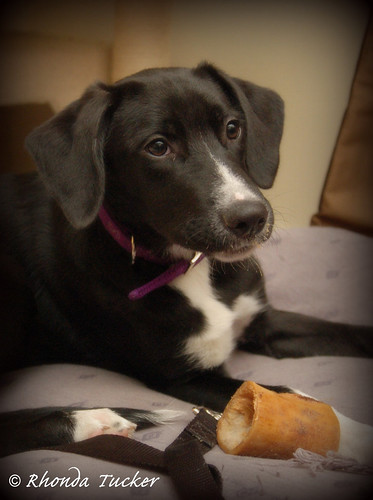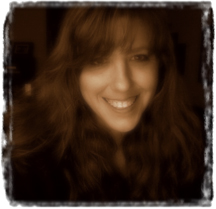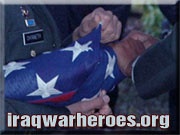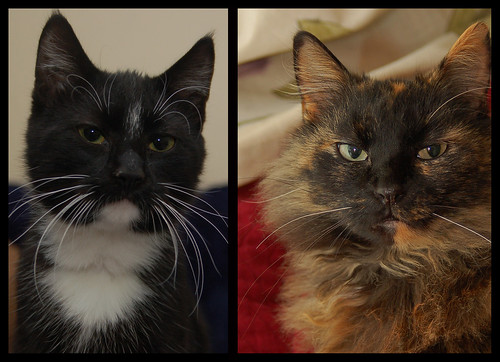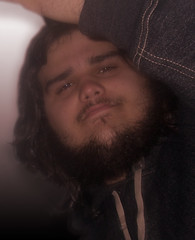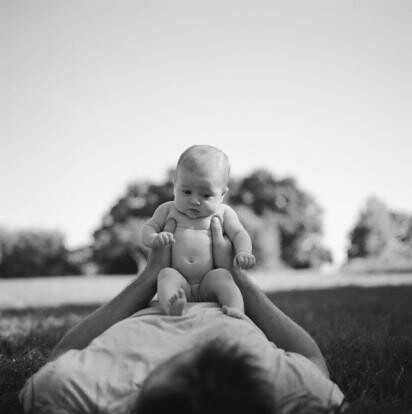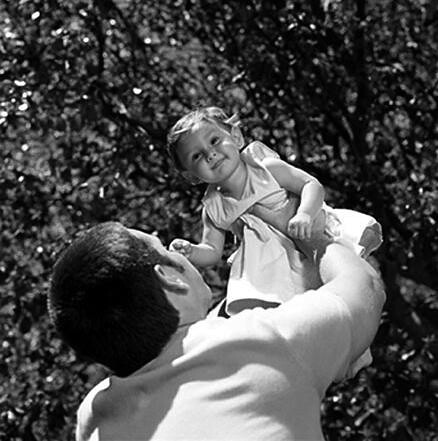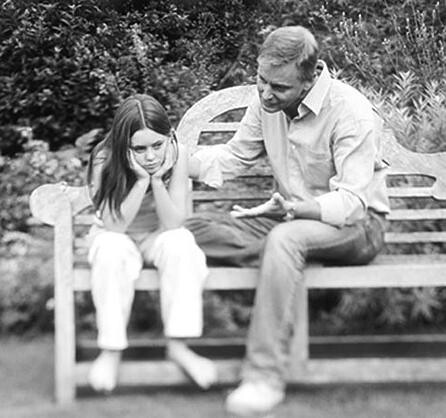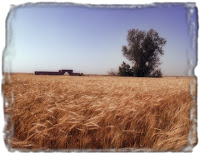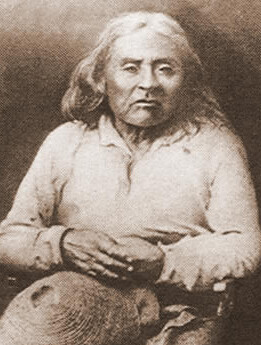
I remember the kitchen in the farmhouse as enormous; tall and wide, the table long enough to host a small army and the counters built for giants. In my mind, I see the room from the child-high perspective from the dining room doorway: table to the left, kitchen to the right.
I couldn’t tell you where refrigerator stood, the stove was placed or if the floor was tiled or linoleum. I just remember one drawer – the top drawer on the far right, so far off the ground I had to stand on my tippy-toes to peer inside. That drawer held the strangest of treasure, an indulgence bringing excitement and guilt, an item provoking a curiosity I neither understood nor could pull myself away from . . .
The Palouse County phone book. It wasn’t the book’s contents I found fascinating but the cover. A photo of Chief Sealth.
S-e-a-l-t-h, Sealth. I remember sounding out his name and staring into his face as if he and I shared some kind of sacred bond. I was four years old, stealing away into the kitchen whenever I could to share a moment with the Chief, but never in the presence of my mother. I held no explanation for my fascination with his wrinkled face and knowing eyes, but was sure my interest, in some way, betrayed my adoptive family.
My third grade teacher, Mrs. Ellsworth, was a large woman with smooth olive skin and jet-black hair. She was a Blackfoot Indian. I remember her once taking off her sandals and showing us the bottom of her feet – to prove to a classmate her tribe’s name didn’t derive from their color. “Look,” she said, “normal feet, just like yours.” The day Mrs. Ellsworth brought her son to school was the first time I remember thinking it was possible I could be Native American. He was a toe-headed, light-skinned, blue-eyed kid like me.
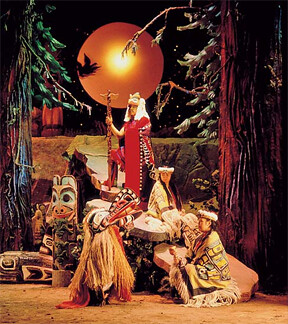
At the age of nine, my adoptive mother took my brother and me on a day trip to Tillicum Village, on Blake Island in the San Juans, where Northwest Coastal American Indians perform traditional dances in a cedar longhouse while tourist dine on salmon baked above open fire pits. I was lost in the ambiance, mesmerized by the Nuu-chah-nulth ancestral masks worn by the performers. I didn’t want to go home. It wasn’t until researching this piece I learned that Blake Island was the birthplace of Chief Sealth.
My adoptive family boasts about the immigration of their ancestors to their Pacific Northwest homestead, still in the family more than one hundred years later. They once owned miles of the best land in town, acreage fronting the Snoqualmie River to the South and stretching West to the confluence of the Snoqualmie and Tolt rivers. They carry that history like a badge of honor. But the story never told is that of the land’s original owners: the Snoqualmie Tribe who lived on the banks of the rivers for thousands of years before the arrival of Europeans.

Watered-down history books say the tribe willingly volunteered the land fifty years prior to my adoptive family’s arrival. But it has never escaped me who the rightful owners of that beautiful land are. And, as a child, I never tired of hearing my great-great aunt Gurina, who was born there, tell stories of the Indian women knocking on her front door to trade goods for dairy products and vegetables in the early 1900s.
My attraction to American Indian culture remains unexplained, but unwavering. Certainly, my early years in a rural farming community didn’t lend itself to multi-culturalism, nor did my parents’ insistence I was 100% Norwegian spawn some fantasy about being separated from my tribe. My fair skin and blonde curls implored me to blend in perfectly with my adoptive relatives. Still, at some point I began looking forward to the day I might reunite with my birthfamily and find, somewhere on the family tree, a branch validating a fascination seemingly spawned from nowhere.
But post reunion, when I was given a four-generation maternal family tree and instructed to ignore the obviously Polish name at the top (and also learned I wasn’t a stitch Norwegian), I realized family trees are subjective things. My maternal family is insistent upon being 100% Ukrainian, even if it defies evidence to the contrary.
My paternal family tree remains somewhat mysterious. Third-hand information says I am Swedish and Welsh on that side. My paternal half-brother embraces the Swedish and rejects the Welsh. I seem to be the only one who notices our father’s dark skin and darker hair. If my birthfather carried a secret about a Native American ancestor, he took it with him to his grave.
Family trees are dependent upon what a family is willing to reveal, but new DNA technology offers a truth serum. When genetic testing for ancestral origins became available I considered ordering myself a lab kit, then was crushed to discover that, being female, I carry only the genetic markers to trace my maternal line. Uncovering my father’s ancestry requires the DNA of my brother.
My brother: also abandoned by my father. My brother: with a “proud to be Swedish” bumper sticker adorning his truck. My brother: who happily sits amongst our family, keeping me a secret, complacent in the act of sparing them the knowledge our father fathered a bastard-child. My brother: with whom I share so much but will forever be divided from by his legitimacy. My brother: who hasn’t phoned in six years.
More than stubbornness stops me from picking up the phone. I will not beg him for a thread of my own genetic fabric. The cost of doing so will be a directive to value other things and show gratitude for the smidgens of information he smuggles away from the family gatherings to share with me. My brother is the gatekeeper of my family tree and I simply refuse to sell my soul to get my hands on the key.
I would feel like the women of the Snoqualmie Tribe, forced to beg for bits of the crops grown on land rightfully belonging to them.
That doesn’t mean I must ignore the pull I feel towards American Indian culture. Leaving it isn’t a choice;
it steers
me.

Last Spring, I attended a talent show at my son’s school. For most of the audience, it was an evening of giggles and applause but, for me, the entertainment stopped when a family walked upon stage – four generations of American Indians wearing traditional dress. The great grandfather took his place at the drum, the lights went down and the fathers, mothers, aunts, uncles and children danced around the drumbeat, singing in an unfamiliar language. One didn’t have to understand the words to recognize the passion of their song; to know they were calling out to ancestors and celebrating their roots, their
connectedness.
It took my breath away. It wasn’t until the drumbeat stopped and the applause began I realized my body was frozen in rapture and my cheeks were wet with tears.
A DNA swab will not prove or disprove whether or not those tears are real. They speak for themselves.
Labels: adoption, heritage, history
 So, I tried to satiate the craving to foster by adopting two very hard to place cats from Heartland Humane Society. Smitten and Splash – mother and son – were so painfully shy they could not tolerate the chaos of PetsMart or find the courage to show their true nature to visiting potential families. So they sat (in a wonderful foster home) for fourteen months, until I brought them home.
So, I tried to satiate the craving to foster by adopting two very hard to place cats from Heartland Humane Society. Smitten and Splash – mother and son – were so painfully shy they could not tolerate the chaos of PetsMart or find the courage to show their true nature to visiting potential families. So they sat (in a wonderful foster home) for fourteen months, until I brought them home. 
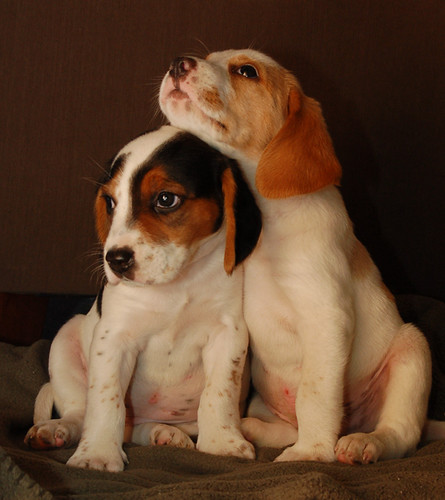
 And then, her people walked through the door. This time, I was certain I couldn’t find the strength; that my fostering days were over. I told myself this young family wasn’t ready for the responsibilities of a pet. I pretended I didn’t care that their daughter cried with joy at the mere thought of taking her home. I didn’t want to like Mom and Dad, although it was so easy to do I couldn’t duck the read. And then their two year old little boy wrapped his arms gently around Kimber as he gave her a treat and . . .
And then, her people walked through the door. This time, I was certain I couldn’t find the strength; that my fostering days were over. I told myself this young family wasn’t ready for the responsibilities of a pet. I pretended I didn’t care that their daughter cried with joy at the mere thought of taking her home. I didn’t want to like Mom and Dad, although it was so easy to do I couldn’t duck the read. And then their two year old little boy wrapped his arms gently around Kimber as he gave her a treat and . . .